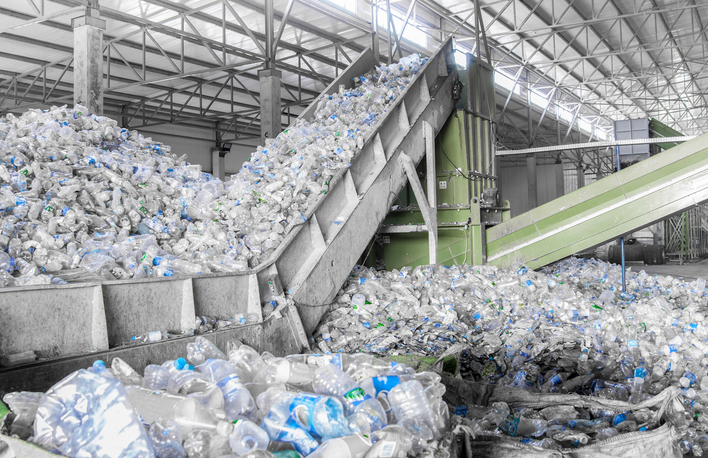Plastic recycling is a crucial facet of sustainability, looking to decrease squander and reduce environmental influence. Here’s all you have to understand about plastic recycling.
Recycling Approach:
Recycling plastics consists of numerous phases. Initial, collected plastic materials are categorized based upon their resin type. Then, they’re cleaned to remove pollutants like food items remains and tags. Soon after cleaning, the plastics are shredded into little flakes or pellets. These supplies can then be melted and formed into new items.
Varieties of Recycled Plastics:
Family pet (Polyethylene Terephthalate): Popular in beverage containers, Animal might be reprocessed into materials for clothes, rugs and carpets, and in many cases new bottles.
HDPE (High-Density Polyethylene): Located in milk products jugs, detergent bottles, and much more, HDPE is recycled into plastic lumber, plumbing, and boxes.
PVC (Polyvinyl Chloride): Utilized in pipes, product packaging, and building components, Pvc material could be reprocessed into floor coverings, cabling, and packing.
LDPE (Lower-Density Polyethylene): Located in plastic-type material luggage and films, LDPE is re-cycled into garbage can liners, delivery envelopes, and patio furniture.
PP (Polypropylene): Found in package caps, natural yogurt containers, and straws, PP could be recycled into battery pack cases, sign lamps, and brooms.
PS (Polystyrene): Found in foam product packaging and disposable eating utensils, Playstation is recycled into insulation, light-weight move plates, and rulers.
Great things about Recycling Plastics:
Conservation of Resources: Recycling plastics lowers the demand for uncooked resources, conserving organic sources like gas and fuel.
Power Financial savings: Recycling uses up significantly less vitality when compared with producing new plastics, leading to reduce carbon emissions.
Squander Lessening: By diverting plastics from landfills and incinerators, recycling helps reduce enviromentally friendly air pollution.
Monetary Opportunities: Recycling produces work in series, selecting, finalizing, and producing, contributing to economical development.
Ecological Protection: Trying to recycle plastic materials will help shield wild animals and ecosystems by reduction of plastic-type toxins in oceans, estuaries and rivers, and forests.
Problems and Options:
Even with its advantages, plastic recycling confronts problems like toxic contamination, limited infrastructure, and reduced market interest in recycled resources. To deal with these issues, endeavours centering on education, advancement in recycling systems, and insurance policies marketing round economic climate rules are necessary.
In summary, trying to recycle plastics is essential for any eco friendly future. By comprehending the trying to recycle approach, types of reused plastic materials, positive aspects, and difficulties, people and residential areas can play a role in a cleaner and far healthier setting.
